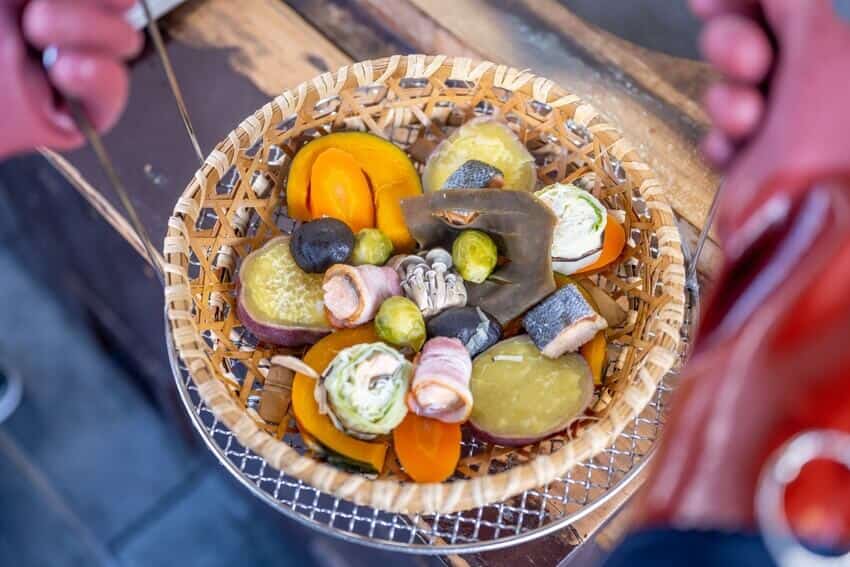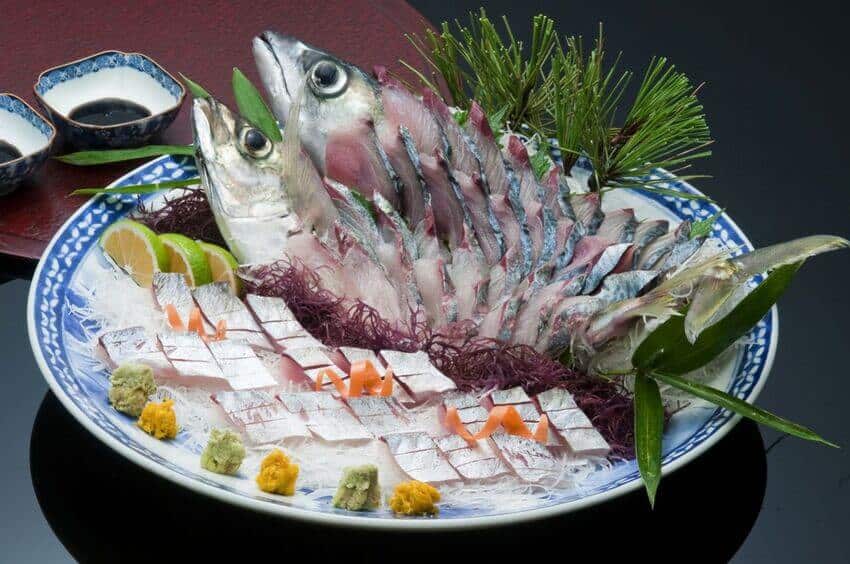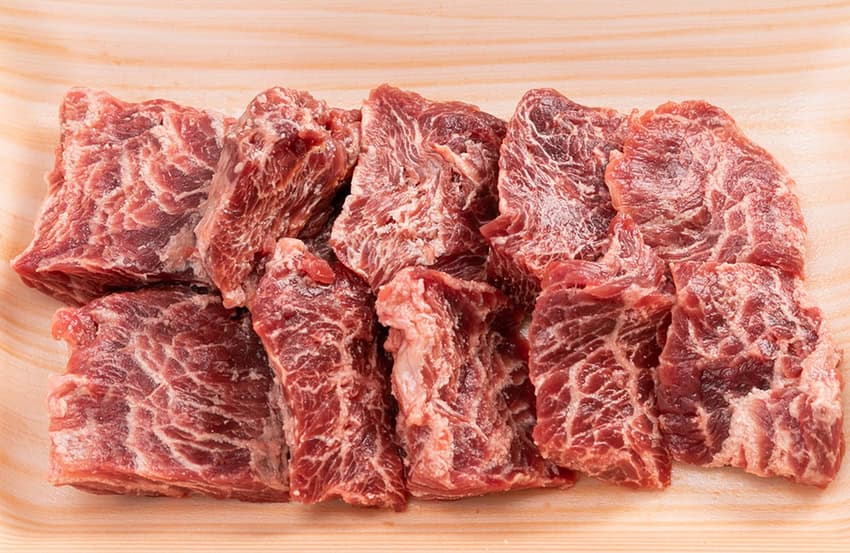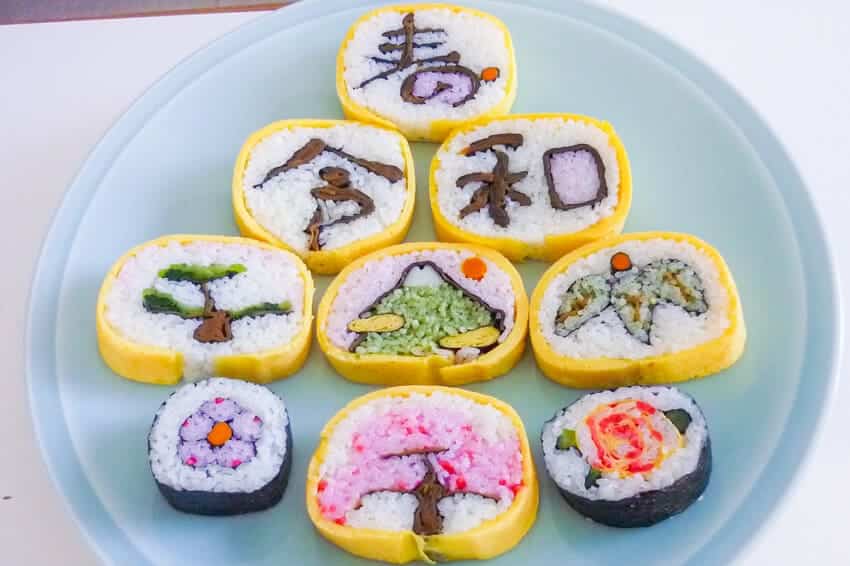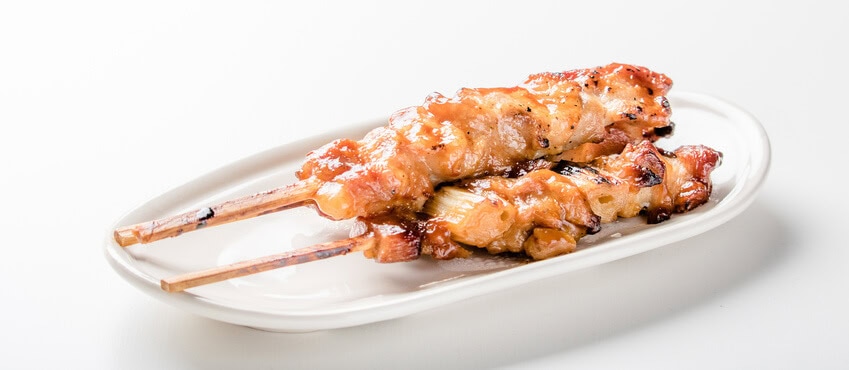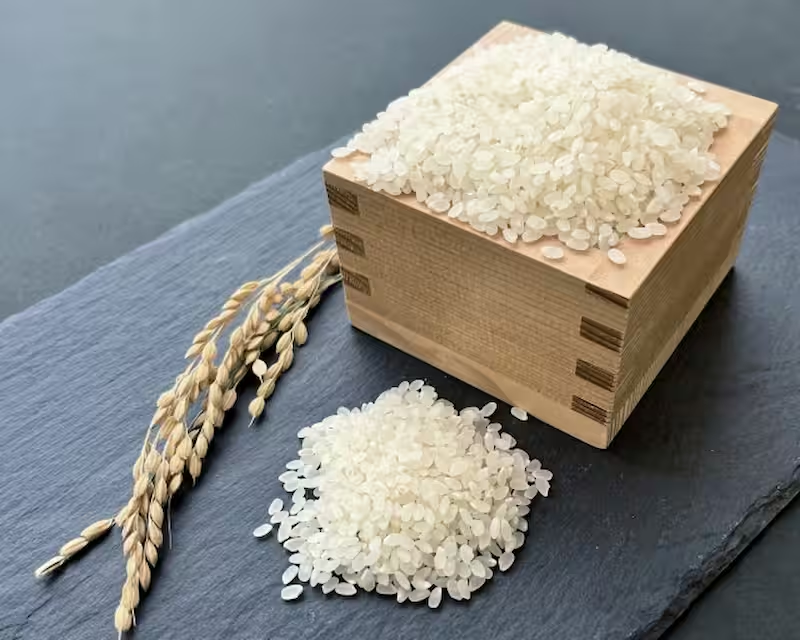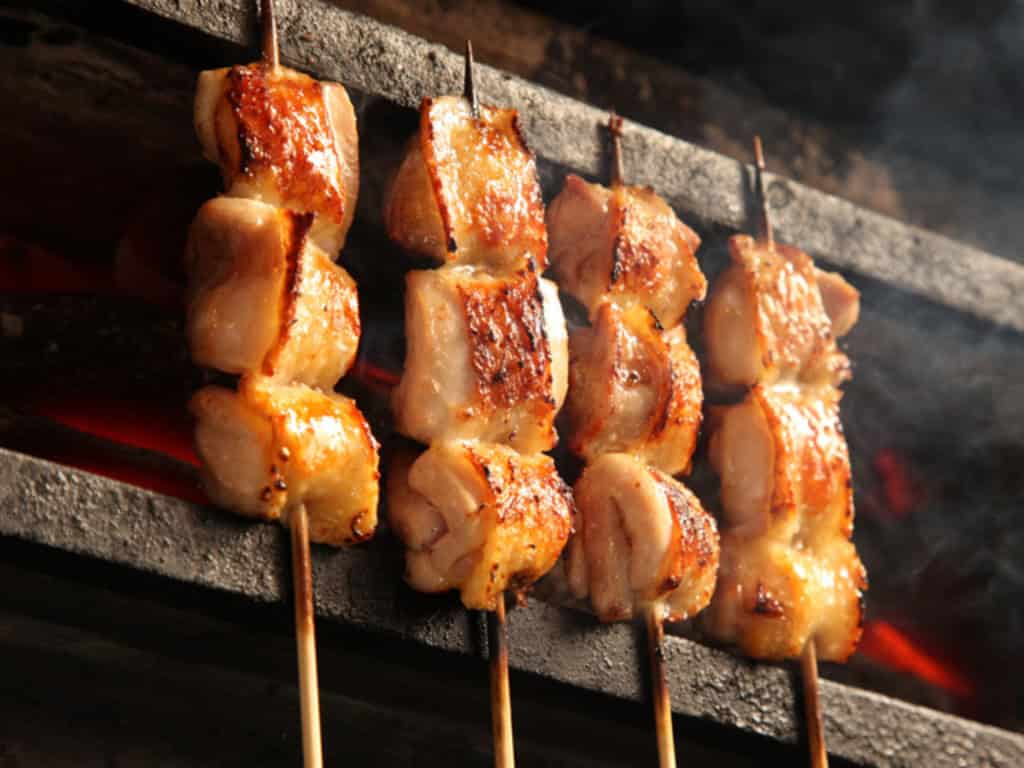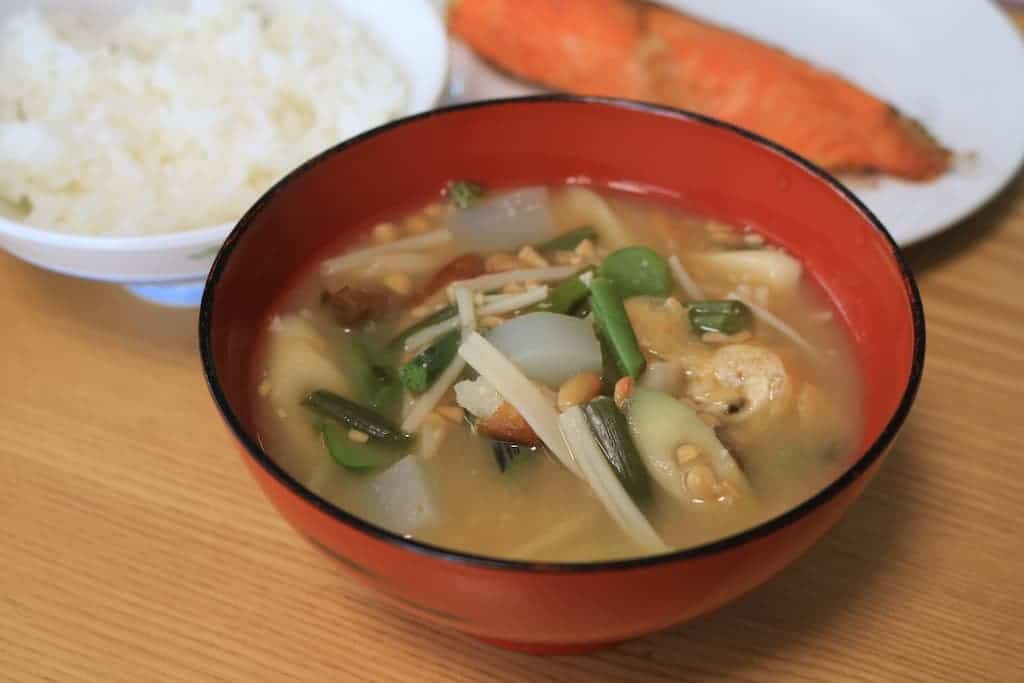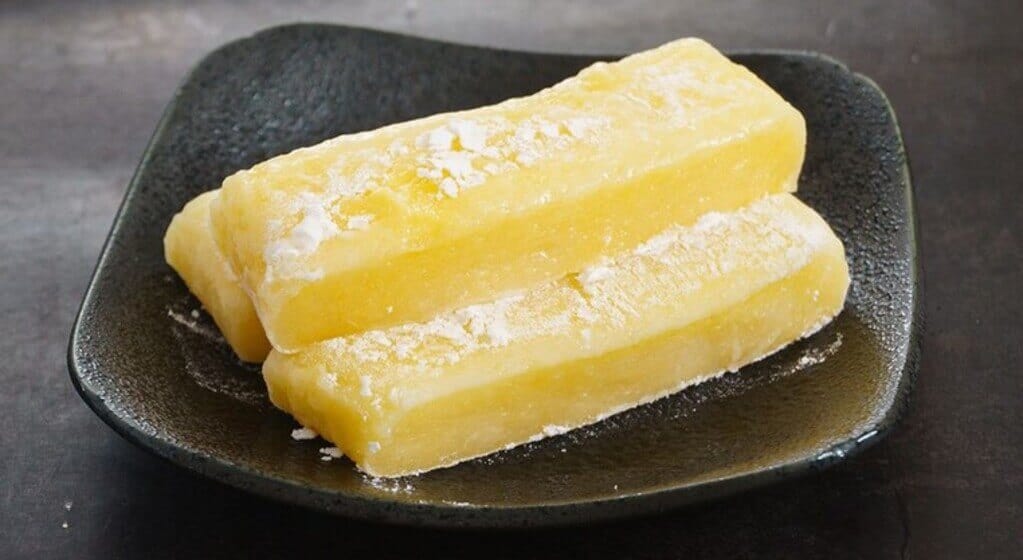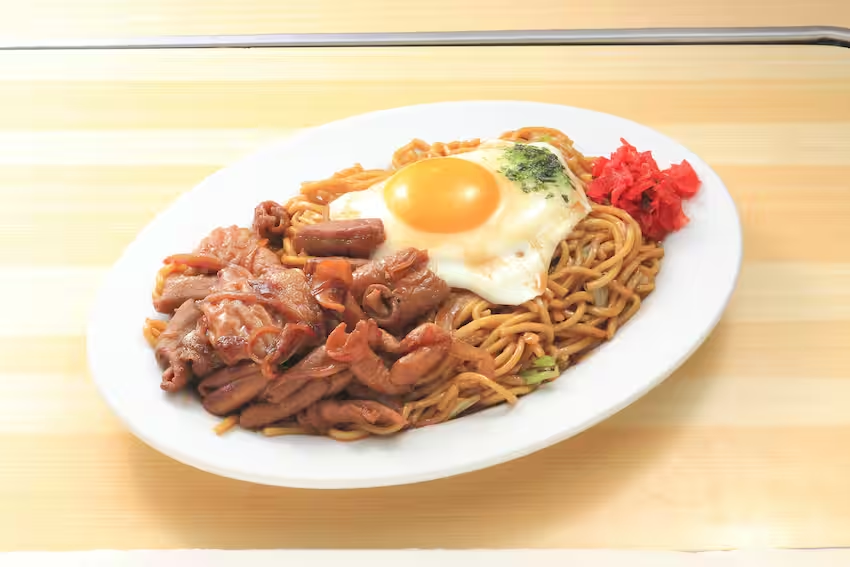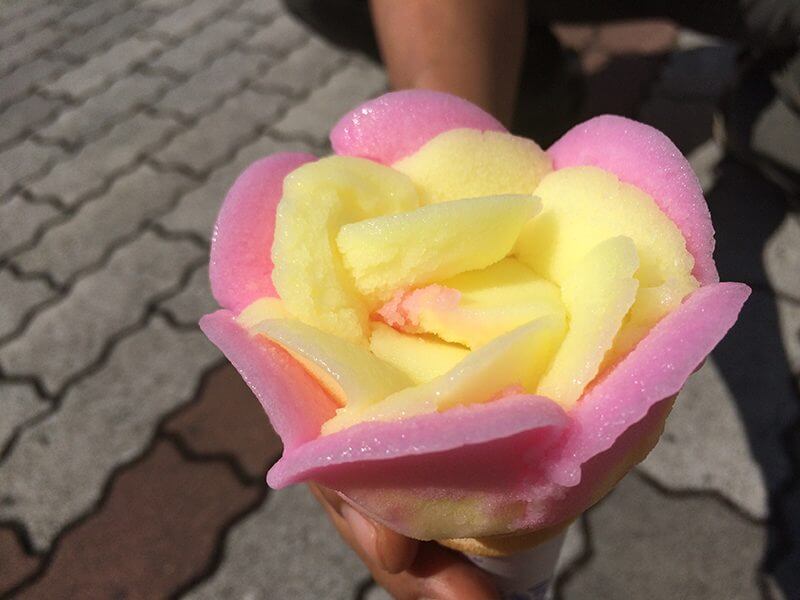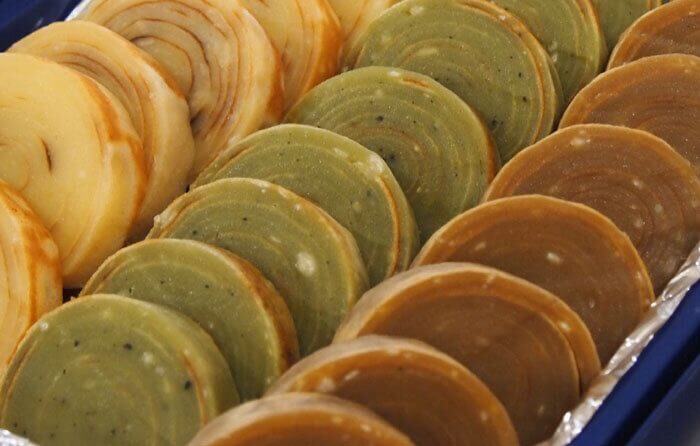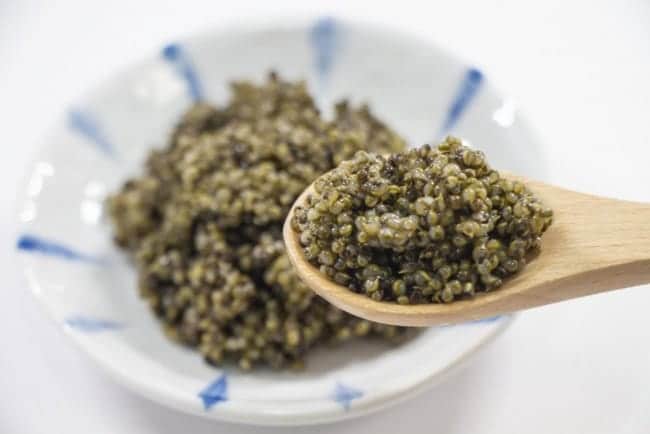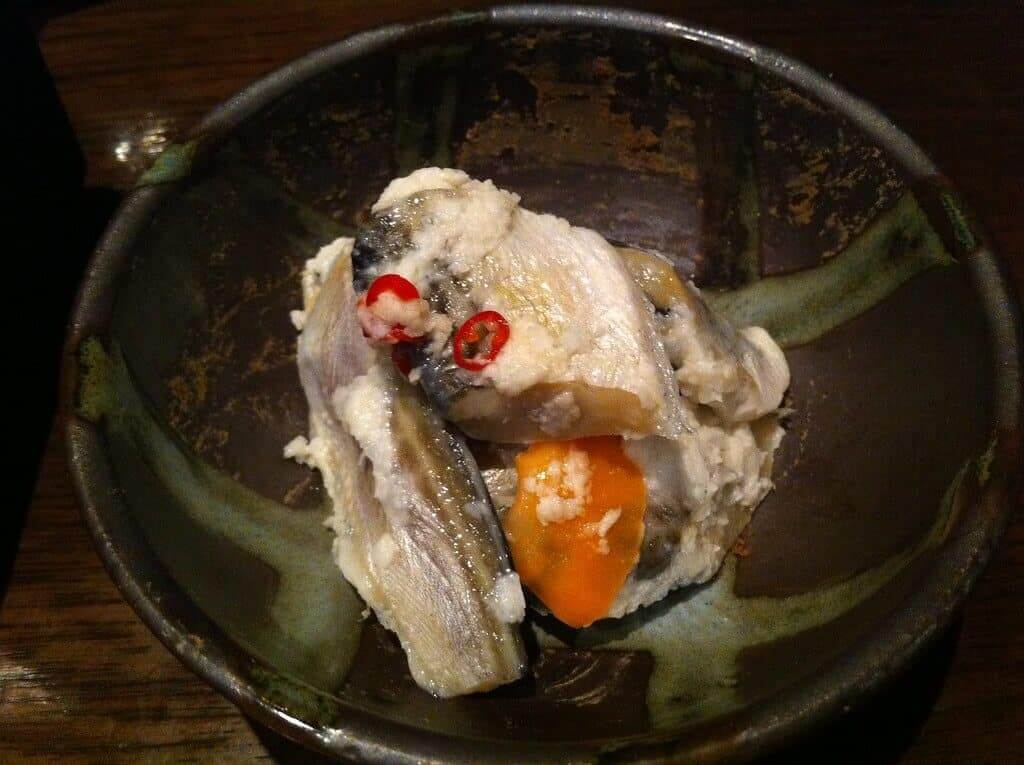TOC
1│Overview of Akita's Food Culture
2│Signature Dishes of Akita
2.1│Kiritanpo
2.2│Inaniwa Udon
2.3│Hinai-jidori
2.4│Babahera
2.5│Akita's Traditional Sake
3│Local Ingredients and Produce
4│Akita's Culinary Festivals and Events
5│Modern Adaptations and Food Tourism
Discover the delicious food of Akita Prefecture in Japan. Their food is special because it tells a story of their history and traditions. They use local ingredients to create dishes like Kiritanpo and Inaniwa Udon, which transport you to their beautiful rice fields. Akita also has fun food festivals that bring people together and celebrate their culture. They like to keep their traditional foods alive, like Hatahata-zushi and Hinaijidori chicken. People come from all over to taste their food and learn about their culinary traditions, and Akita is known for blending old and new flavors.
Overview of Akita's Food Culture
Akita Prefecture: A Culinary Microcosm of Japan
Akita Prefecture, situated in the northeastern section of the island of Honshu, is known for its rich culinary tradition, deeply rooted in the geographical features and agricultural landscape of the region. It holds an essential position in Japan's food culture due to its rich culinary history, strong regional influences, and local feeding habits.
Culinary History of Akita
The culinary history of Akita is largely influenced by the agricultural wealth of the region. Akita is well-known for its production of rice and sake, which significantly influence the local cuisine. The city of Semboku in Akita is particularly popular for producing some of the finest sake in Japan. The main staple of Akita's meals is typically kiritanpo, made by mashing cooked rice and then grilling it typically on a cedar stick, often utilized in hot pot style dishes.
Regional Influences and Local Feeding Habits
Akita's culinary culture has been significantly influenced by the region's geography, traditions, and the changing seasons. As a coastal area, the local cuisine prominently includes a wide array of seafood dishes, featuring locally-sourced creatures such as hatahata fish (sandfish), which are enjoyed in various forms, including sashimi, tempura, and soups. Akita is also renowned for its Hinai-jidori chicken, known for its exceptional flavor and tenderness.
In Akita, residents prefer hot pot dishes like kiritanpo nabe during harsh winters, prepared with chicken and vegetables, incorporating the signature kiritanpo, as mentioned earlier. In autumn, locals relish dishes featuring freshly harvested rice and mushrooms. Akita is also famous for iburi gakko, a type of smoked daikon pickle that people often enjoy as a side dish or use as an ingredient in local recipes.
Significance of Akita's Gastronomy
Akita's cuisine goes beyond just food; it holds a special place in Japan's culinary world. The careful preparation of dishes and the focus on fresh, seasonal ingredients reflect the Japanese philosophy of 'shun' or 'in-season'. This concept isn't just about taste; it's also a way to appreciate the beauty of changing seasons.
Akita's wide range of dishes has gained national recognition, making it a sought-after destination for food lovers from across Japan and the world. Akita's cuisine takes center stage in festivals and gatherings, playing a significant role in shaping the prefecture's cultural identity.
In Akita, you'll find a unique food culture that features rice-based main courses and special seafood delicacies. This distinctive culinary tradition has been shaped by the region's geography, changing seasons, and local customs. Akita's food heritage is a vital part of Japan's diverse culinary landscape and deserves recognition.
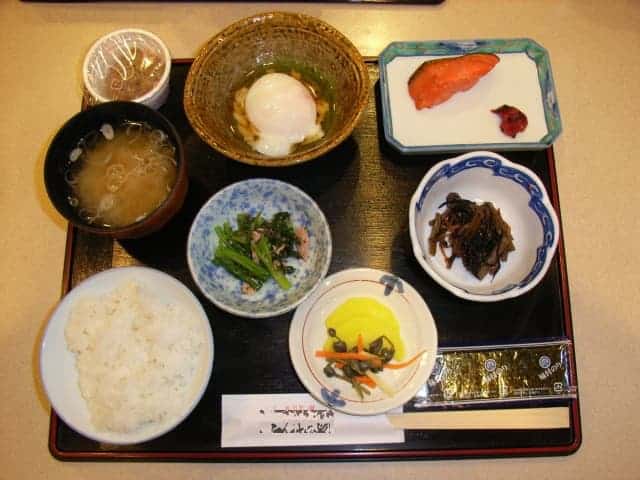
Signature Dishes of Akita
The Unique Kiritanpo of Akita
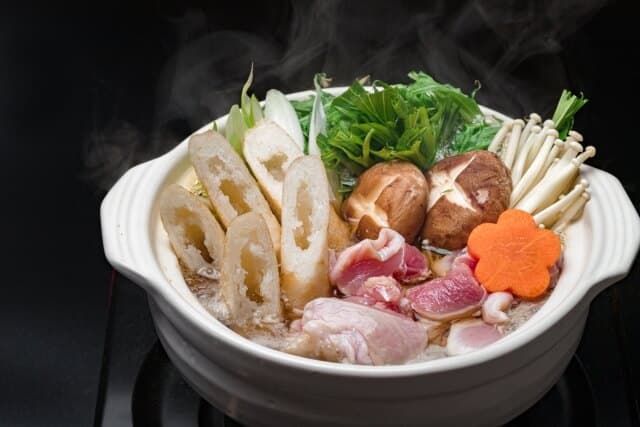
Akita Prefecture is renowned for its signature dish, Kiritanpo, which beautifully encapsulates the essence of the region. This culinary gem has its roots in the native farming traditions of the area. Kiritanpo is crafted by taking mashed rice, shaping it around cedar sticks, and grilling it over an open flame. The cedarwood imparts a subtle yet distinct flavor to Kiritanpo, making it truly special.
One popular way to savor Kiritanpo is through Kiritanpo-Nabe, a hearty hot pot preparation. In this comforting dish, these rice sticks harmonize with tender chicken and an assortment of fresh vegetables in a rich, flavorful broth. It's a delightful culinary experience that showcases the heartwarming flavors of Akita.
Inaniwa Udon: A Delicacy of Akita
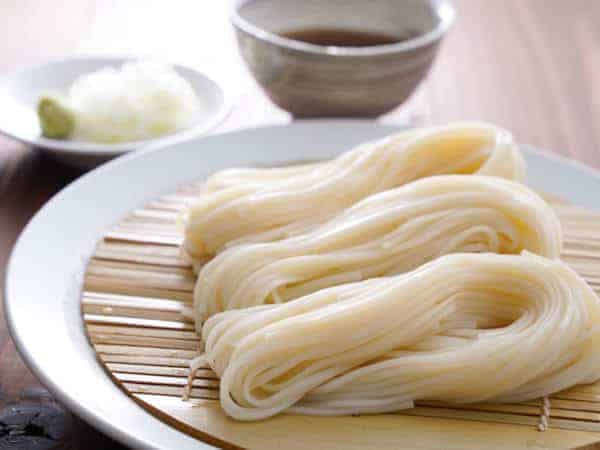
Inaniwa udon stands out from the crowd of udon noodles. Hailing from Akita Prefecture's Inaniwa area, it's a finer and more elegant version of the traditional udon. These noodles are not your everyday thickness; they undergo a meticulous hand-stretching process, resulting in a smooth, delicate texture that's both soft and pleasantly chewy.
The flavor of Inaniwa udon truly shines through in different seasons. In the summer, it comes alive when served cold with a dipping sauce, offering a refreshing experience. Conversely, in the winter, it finds its place in a comforting, warm broth. There are few noodle dishes that can rival the exceptional craftsmanship and the delightful interplay of textures that Inaniwa udon brings to the plate.
Hinai-jidori: Akita's Iconic Chicken
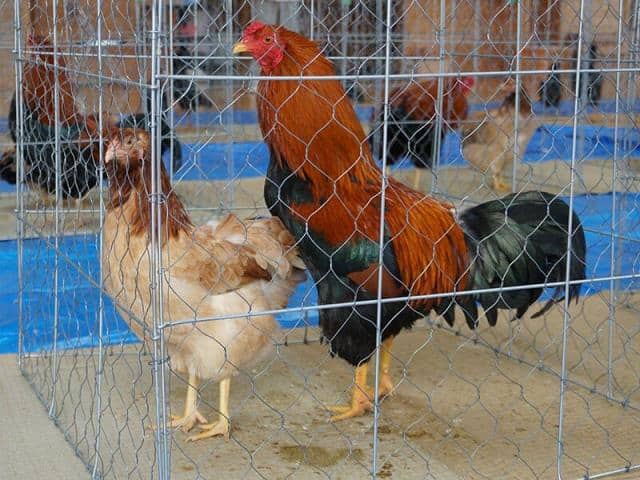
Hinai-jidori is a special breed of chicken raised in Akita, highly regarded for its high-quality and delicious meat. It holds an esteemed position as one of the top three chicken breeds in Japan. These chickens are carefully nourished with a specialized diet, resulting in meat that boasts a rich and hearty flavor.
Hinai-jidori finds its way into a variety of dishes, including yakitori (grilled skewers) and sashimi. However, it truly shines when used in the preparation of chicken hot pot, where its natural flavors come to life in a most impressive way.
Babahera: The Unconventional Ice Cream of Akita
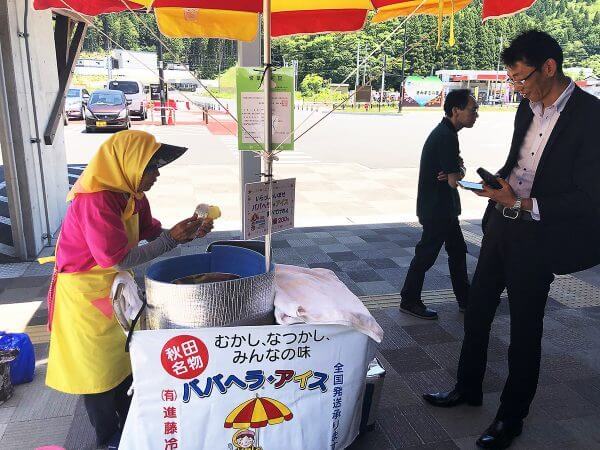
"Babahera" is a distinctive ice cream that's lovingly served by elderly women in Akita. This delightful treat comes in two flavors, banana and strawberry, hence the charming name "babahera." What sets it apart is its artistic presentation, shaped like a beautiful rose, making it a feast for the eyes as well.
This special ice cream not only brings joy during the hot summer days but also plays a vital role in bolstering the local economy. It does so by celebrating a unique culinary tradition upheld by local women, often dressed in vibrant kimonos.
Experience Akita's Traditional Sake
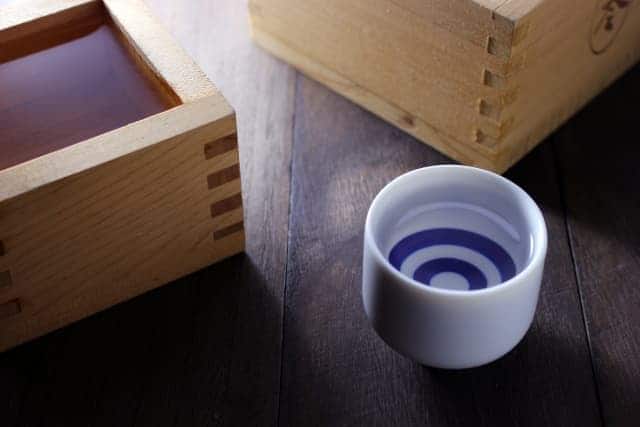
Akita Prefecture, while renowned for its food, is distinctly celebrated for its traditional sake. Made possible by Akita's bounty of fine rice and pristine water, this local sake has gained recognition both nationally and worldwide. With a refreshing yet smooth taste, this sake can be savored either warm or chilled, complementing perfectly with local dishes. The process of sake brewing is not merely a routine task, but an essential part of Akita's heritage and customs, thus making it a memorable highlight for any traveler in the region.
Local Ingredients and Produce
Unraveling Akita's Cuisine and Its Agricultural Roots
Akita Prefecture, renowned as one of Japan's top rice-growing regions, profoundly influences its food scene through its extensive rice cultivation. Local chefs, who have inherited time-tested techniques passed down through generations, skillfully use the premium-grade Akita Komachi rice. This rice is prized for its perfect combination of stickiness and sweetness, resulting in the creation of delicious dishes.
The cultivation of Akita Komachi rice is a meticulous process that involves precise planting methods and careful attention to grain quality. In Akita, farmers, deeply connected to tradition, faithfully follow these age-old agricultural practices, ensuring the consistent production of high-quality crops. This harmonious relationship between agriculture and food culture plays a pivotal role in shaping Akita's vibrant culinary story.
Akita's Local Produce: A Culinary Wealth
In addition to rice, Akita's natural environment, which is cool and clean, helps grow many different kinds of farm products. The soil here is rich and good for growing various vegetables. One of them is Shottsuru ninniku, a type of garlic that has a strong flavor and smell. People in Akita often use this local garlic to make Shottsuru, a popular fish sauce that's important in Akita's food culture.
Akita's location along the Sea of Japan means it has a lot of coastline, which gives the region access to fresh seafood. One special treat from this area is Hinai-Jidori Chicken, a local type of chicken that has a wonderful taste and texture. Akita is also known for its seafood, like Hatahata (sandfish). You can cook it in different ways, like grilling it, drying it, or putting it in a hotpot.
Teeming with Tradition: Sake of Akita
Akita's love for rice goes beyond just food; it also plays a significant role in the making of the region's famous sake. They use rice like Akita Komachi and other local varieties to create sake with a unique and refined taste that's typical of Akita.
Akita is home to several well-known sake breweries, like the Kubota Brewery, where they ardently keep traditional brewing methods alive. Sake-making isn't just about food; it's also a big part of Akita's culture and a major driver of the local economy.
Akita's Economy and Its Agrifood Heritage
Farming has always been a vital industry in Akita, profoundly influencing the region's way of life and contributing to its economic stability. The agricultural practices here blend traditional methods with modern technology, consistently delivering high-quality produce that strengthens Akita's agriculture and food sector.
The cultivation and harvesting of Akita Komachi rice, vegetables, and seafood provide significant employment opportunities for the local population. The success of these industries is reflected in the widespread recognition of Akita's food culture, extending far beyond its borders. The export of these products also brings in substantial revenue, making the cultivation of these agricultural goods both an economic endeavor and a means of preserving Akita's cultural heritage.
Akita Prefecture in Japan is celebrated for its vibrant food culture, a true reflection of the flourishing local agriculture. The unique culinary delights here are deeply rooted in the region's agricultural bounty, showcasing the harmonious connection between farming and the art of cooking. This relationship is clearly evident in the rich flavors of Akita's traditional recipes.
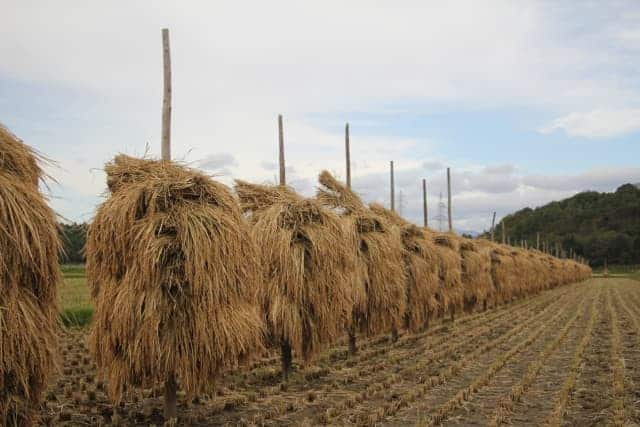
Akita's Culinary Festivals and Events
Annual Akita City Food Festival
One of the key events that truly bring Akita's culinary tradition to life is the Akita City Food Festival. Celebrated every year in October, it's a highlight on the region's food calendar. Known locally as shoku no kyoshitsu, this melting pot of culinary creativity is dedicated to showcasing Akita's local and regional flavors. Visitors get the opportunity to attend cooking demonstrations, participate in workshops, and sample a wide range of dishes that capture the heart of Akita's food culture.
Namahage Sedo Festival
Another crucial food-themed event in Akita Prefecture is the Namahage Sedo Festival. While this festival is known for its traditional performances of the Namahage, mythical demon-like beings, it also celebrates the local cuisine. Vendors setting up food stalls serving regional specialties make it an excellent opportunity for locals and tourists to taste and appreciate the food culture of Akita.
Kanto Festival
The Kanto Festival is not purely a food festival, but it's a grand event where food plays a significant role. Here, visitors can taste a variety of locally produced Japanese dishes. These dishes are typically where people line up for, like yaki-soba (fried noodles), takoyaki (octopus balls), yakitori (grilled chicken skewers), and kiritanpo (pounded rice skewers), a specialty of Akita.
Inakuchi Green Park Agriculture Festival
Inakuchi Green Park Agriculture Festival is aimed at promoting local farmers and their products. In this annual event, usually held in November, visitors can enjoy tasting and purchasing freshly harvested vegetables, fruits, and other local produce from Akita prefecture.
Kiritanpo Festival
The Kiritanpo Festival is celebrated in late October in the city of Odate. Kiritanpo is a hot pot dish made from pounded rice and is a speciality of Akita. Each year, this festival is marked by the kiritanpo-nabe competition where various groups compete to make the most delicious dish.
Akita Sake Breweries Tour
While not a traditional festival, the Akita Sake Breweries Tour is a key event for sake-lovers and gourmands. Akita has over 40 sake breweries, with some offering tours and tastings. This promotes the unique culture of sake production and the artisans preserving the tradition.
The regional food festivals and events in Akita Prefecture provide not only an enjoyable gastronomic experience but also a glimpse into the region's rich food culture and traditions. Highlighting Akita's exceptional local products and culinary specialties, these events are a celebration of flavors and craftsmanship. By participating in these events, visitors are taken on a journey through Akita's food history resulting in an authentic taste of its culture while supporting local farmers and artisans.
Modern Adaptations and Food Tourism
An Exploration of Akita's Traditional and Contemporary Culinary Landscape
In Japan, there's a deep-seated reverence for preserving traditional flavors and culinary techniques, and Akita Prefecture embodies this principle beautifully. Time-honored dishes like 'Kiritanpo' (grilled rice skewers) and 'Inaniwa udon' (thin wheat noodles) continue to be prepared with the same age-old methods passed down through countless generations. At the same time, there's a knack for introducing clever updates to these traditional delights to suit modern tastes.
For instance, consider Akita's renowned 'sake' (fermented rice wine), a longstanding staple of Japanese cuisine. To appeal to newer generations and international palates, contemporary sake makers in Akita are innovating in their brewing techniques and experimenting with new ingredients. In doing so, they manage to blend a profound respect for Akita's sake heritage with a refreshing modern twist.
In the case of Inaniwa udon, another iconic Akita dish, it's also undergoing a thoughtful modernization. While the cherished thin udon noodles maintain their traditional crafting process, modern twists often come into play through inventive toppings and sauces. These enhancements bring intriguing new flavors to the dish without overshadowing its original essence.
Driving Tourism with Akita Cuisine
Food is a major part of Akita's appeal to tourists. Visitors come to try the famous local dishes and products that they cannot find elsewhere, such as the Hinai chicken, prized for its flavorful meat, or Iburi-gakko, a distinctive smoked pickle only made in Akita.
Local government and businesses have taken advantage of the prefecture's food culture to attract visitors. They organize food festivals, such as the Akita Sake Festival, which introduces participants to local brewers and their finest sakes. Similarly, the Kiritanpo Festival offers tourists a chance to try various dishes featuring Kiritanpo, a specialty of Akita.
Experiencing Akita's Food Culture First-Hand
There are many ways to immerse oneself in Akita's food culture. One could join a food tour, such as the ones organized by locally-based travel companies. These guided experiences often include visits to food markets or sake breweries, where visitors can learn about food production in Akita and sample various edibles.
Cooking classes are also popular. Many establishments in Akita offer classes that teach attendees how to prepare traditional dishes like Kiritanpo or Inaniwa udon. These sessions provide a chance to learn about Akita's food culture from its practitioners and deepen one's appreciation of the region's cuisine.
Finally, dining out in Akita's restaurants, izakayas (Japanese pubs), or sake bars offers a casual yet authentic foray into the region's food culture. Try establishments like Yokote-Ya in Yokote City, for their famous yakisoba, or sake-loving establishments like Sake no Jinsei, to sample a broad array of local sakes paired with delightful small dishes that highlight the prefecture's culinary style.
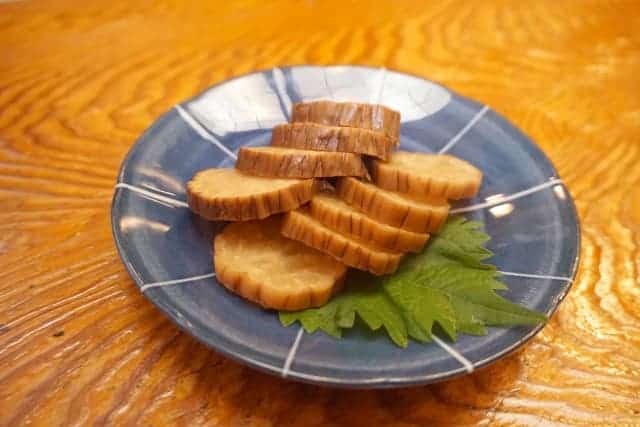
Akita's food story blends tradition, local ingredients, community, and culinary creativity. Signature dishes, made with homegrown produce, reflect the region's flavor and lifestyle. Year-round food festivals celebrate Akita's cultural identity. This dynamic culinary scene not only captivates locals but also showcases Japanese cuisine globally. Exploring Akita's food culture means delving into Japan's history, agriculture, and gastronomy, making it a valuable part of today's food tourism landscape.
Let's discover Akita's cuisine together with its delicious dishes!
